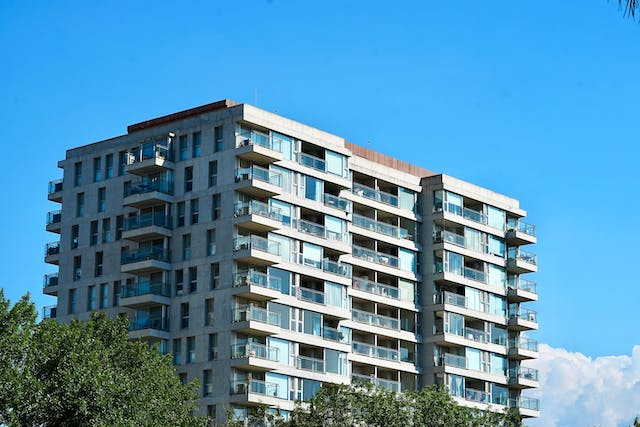
Living in a condominium or a homeowner’s association (HOA) community involves shared spaces and close quarters. Disputes among neighbors or between residents and the association can escalate quickly, affecting the community’s harmony, and legal intervention may become necessary to resolve these conflicts swiftly and effectively. Please continue reading and reach out to our Florida condo and homeowner association attorneys to learn more about how our team can help resolve condo/HOA neighbor disputes effectively.
What Common Disputes Arise in Condo/HOA Communities?
Residents within condo/HOA communities often face a variety of disputes, including the following, among others:
- Noise complaints: Persistent loud music or parties disturbing the peace.
- Pet-related issues: Unleashed pets or continuous barking causing distress.
- Parking conflicts: Unauthorized vehicle parking in designated spaces.
- Property modifications: Unauthorized or non-compliant alterations to exteriors.
- Common area misuse: Overuse or damage to shared facilities like pools or gyms.
- Assessment disputes: Disagreements over fee increases or special assessments.
These conflicts, if left unresolved, can lead to a tense living environment, diminishing the quality of life for all residents.
How Can a Lawyer Help Resolve These Disputes?
A skilled condo/HOA lawyer brings a wealth of knowledge and strategies to the table, and can potentially assist, depending on the specific conflict at hand, in the following ways:
- Interpreting governing documents: An attorney can clarify the community’s rules, bylaws, and covenants, ensuring that actions are in compliance.
- Mediation and negotiation: A lawyer can act as a neutral mediator and help parties reach amicable agreements, preserving community relationships.
- Legal representation: In cases where disputes escalate, a lawyer can represent either the HOA or the resident, advocating for their client’s rights.
- Drafting agreements: To prevent future disputes, an attorney can help draft clear, fair agreements between parties.
- Advising on legal rights and obligations: Residents and associations can be educated on their legal standings, preventing misunderstandings.
- Enforcement of rules: An attorney can assist in the lawful enforcement of community rules, including filing lawsuits if necessary.
Engaging a lawyer early in the dispute process can save time, resources, and prevent the erosion of neighborly relations.
Why Is Legal Assistance Essential in Resolving Condo/HOA Disputes?
Condo and HOA laws are complex and vary significantly from one jurisdiction to another. Florida statutes, for instance, provide specific guidelines on how disputes should be handled within these communities. Examples of important statutes when it comes to condo and homeowner association disputes include:
- Florida Statute 718.1255, which offers a mechanism for non-binding arbitration in condo disputes, is a step before litigation. This process provides a less adversarial means to resolve conflicts, often leading to faster, less costly resolutions.
- Chapter 720 of the Florida Statutes governs HOAs and outlines the procedures for homeowner disputes, including mediation and arbitration.
A lawyer’s knowledge of these statutes and their application can be invaluable in finding a resolution that respects the rights and responsibilities of all parties involved. If you have further questions or are currently involved in a dispute and need a competent attorney in your corner, please don’t hesitate to contact Ansbacher Law today. We are here to help you, every step of the way.

